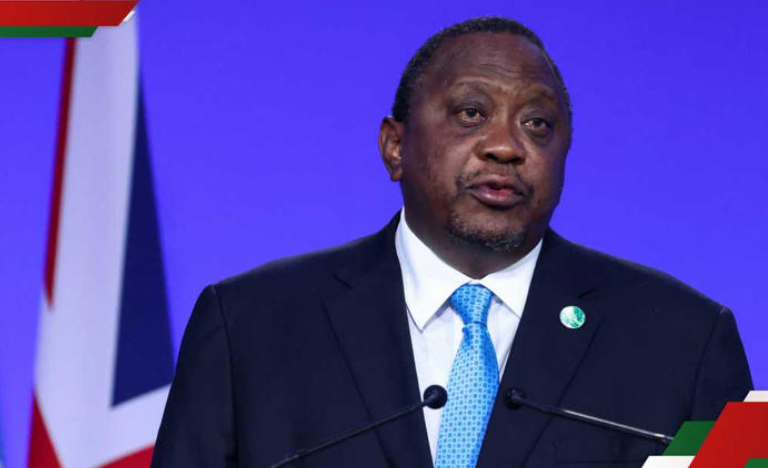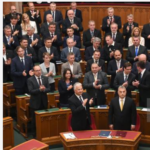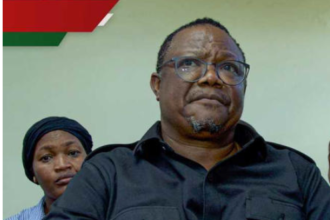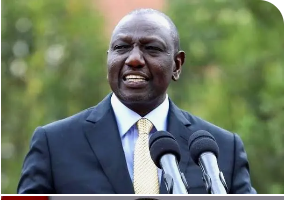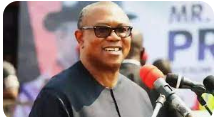By Peter Halima
Nairobi, Kenya – President William Ruto has publicly distanced himself from recent, harsh criticism leveled against his predecessor, Uhuru Kenyatta, by key figures within the Kenya Kwanza alliance. This comes after Uhuru Kenyatta delivered a powerful speech at Makerere University in Uganda, urging African youth to lead a revolution and reject passive leadership.
The former president’s address, in which he emphasized that “no one is coming to save us,” resonated with many young people and activists, but appears to have angered some within Ruto’s government, who viewed it as a veiled criticism of the current administration.
Following the speech, a flurry of criticism erupted from Kenya Kwanza loyalists. Interior Cabinet Secretary Kipchumba Murkomen accused Uhuru of using young people for political gain and attempting to destabilize the government. Kapseret MP Oscar Sudi went further, warning Uhuru to cease criticizing Ruto’s administration and allow him to govern in peace. Kimilili MP Didmus Barasa challenged Uhuru to account for his own record on youth empowerment during his tenure as president.
However, President Ruto has now intervened, attempting to curtail the escalating tensions. Through his press secretary, Emmanuel Talam, Ruto clarified that he had no involvement in the comments made by his allies. “Those are grown-ups. They say what they know. The president has nothing to do with those comments,” Talam told Daily Nation.
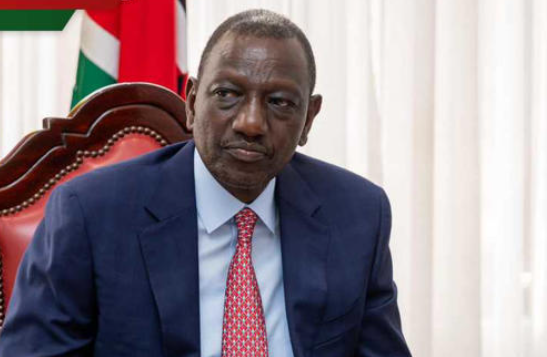
This statement comes only months after a seemingly reconciliatory visit by President Ruto to Uhuru Kenyatta’s Ichaweri home, raising hopes for a thawing of relations between the two former allies. Whether this latest episode will derail those efforts remains to be seen.
Uhuru’s speech at Makerere University, which called on African youth to embrace their role as the “last line of defense,” has reignited a long-simmering political tension between the two leaders. The former president’s remarks, delivered amidst a wave of youth activism across the continent, struck a nerve with many, while simultaneously drawing accusations of political manipulation from within the Kenya Kwanza camp.
President Ruto’s decision to distance himself from the attacks underscores the delicate balancing act he faces in managing his own political ambitions while navigating the complex relationship with his predecessor and the enduring legacy of Uhuru Kenyatta within the Kenyan political landscape.


